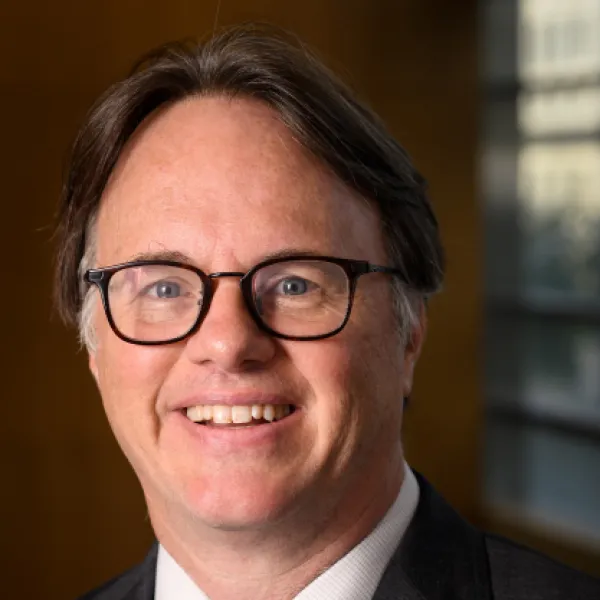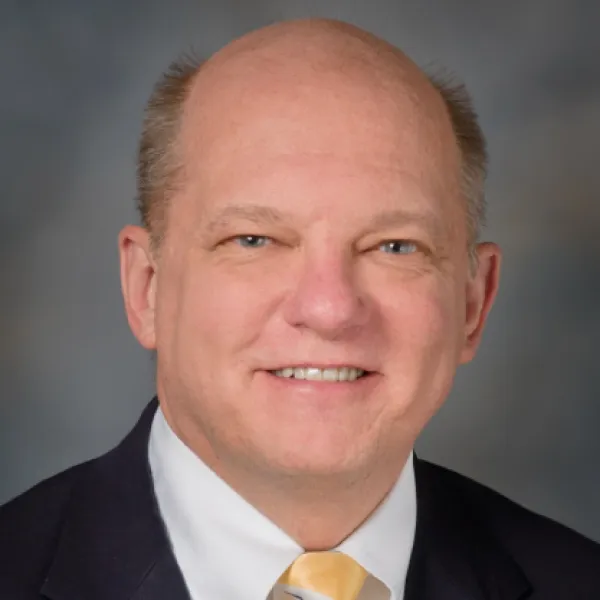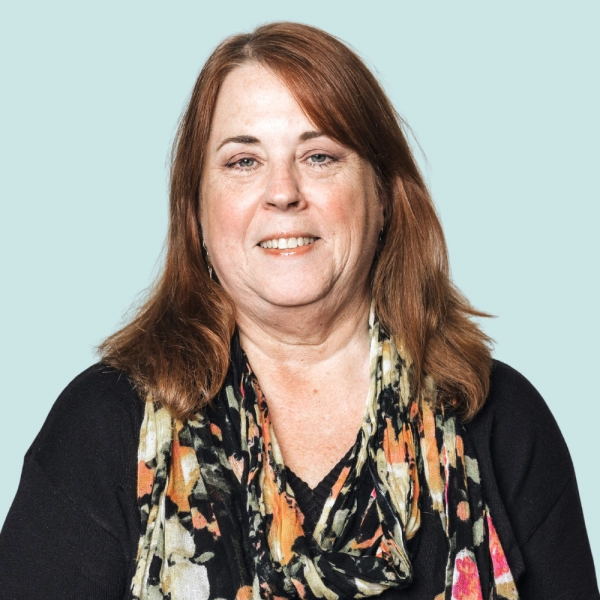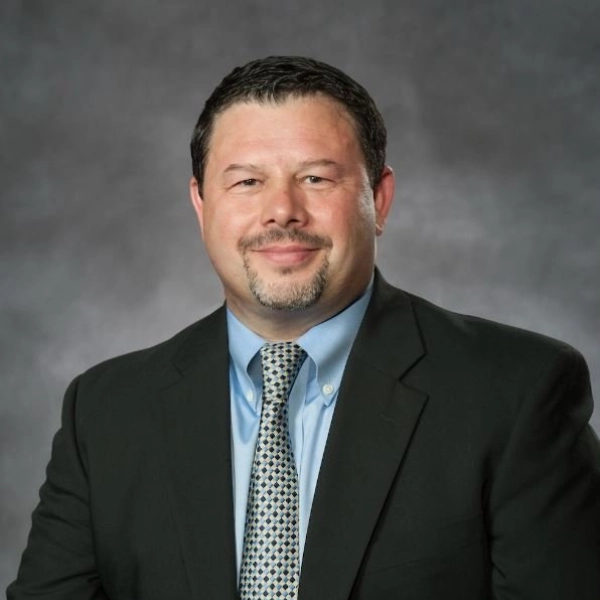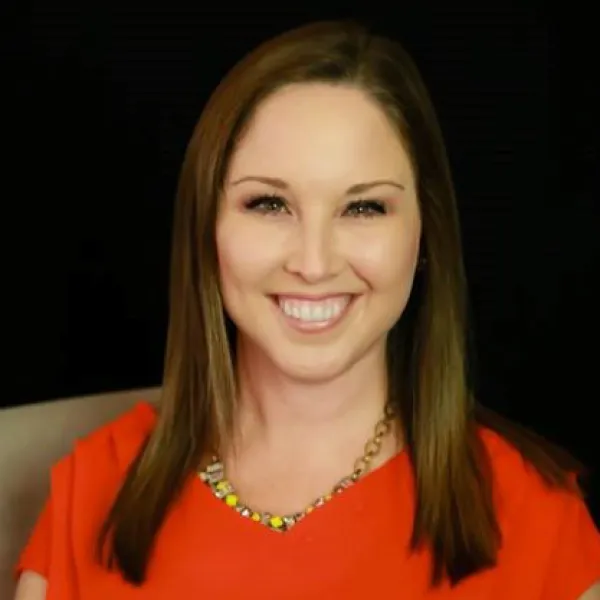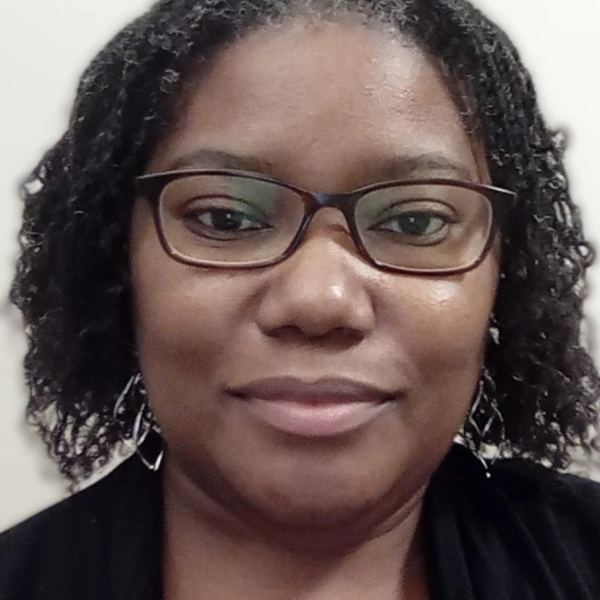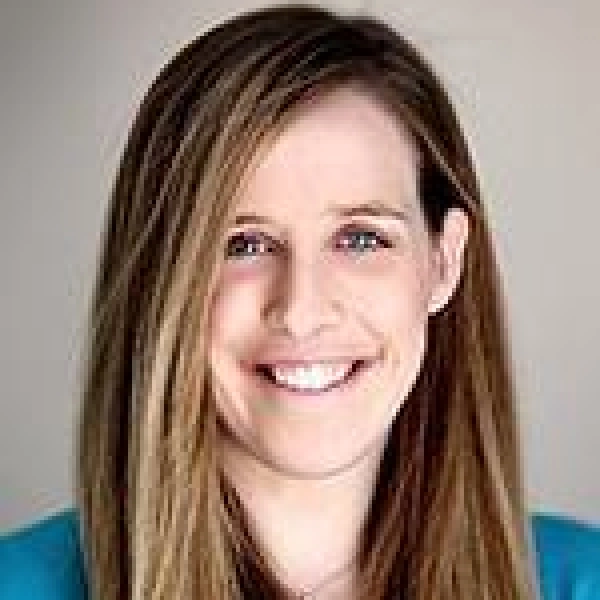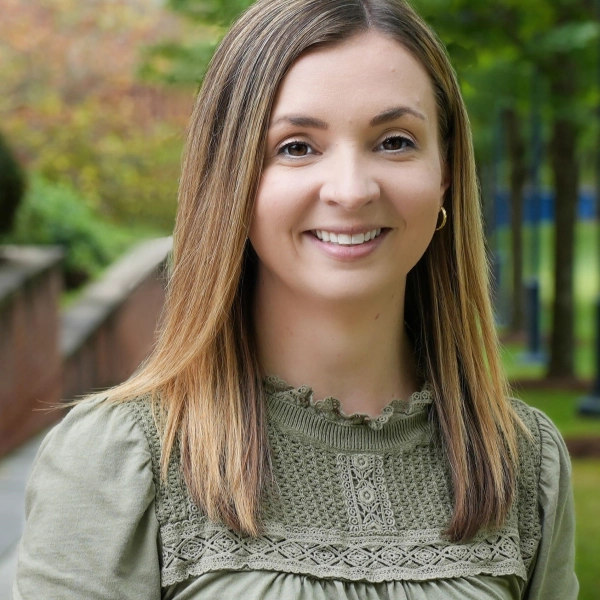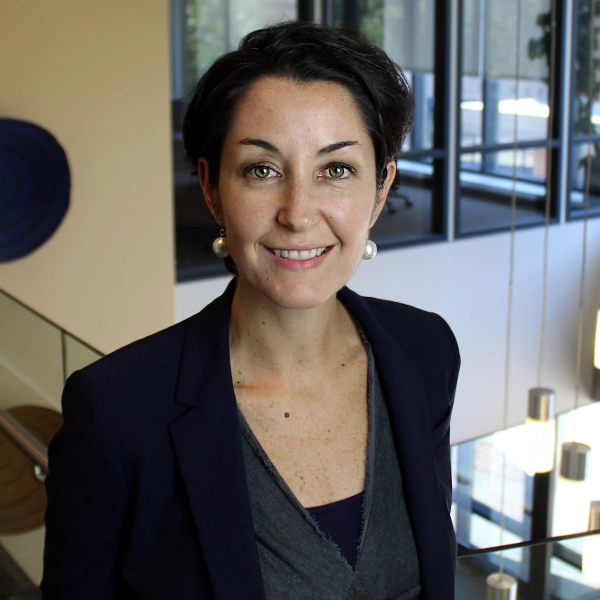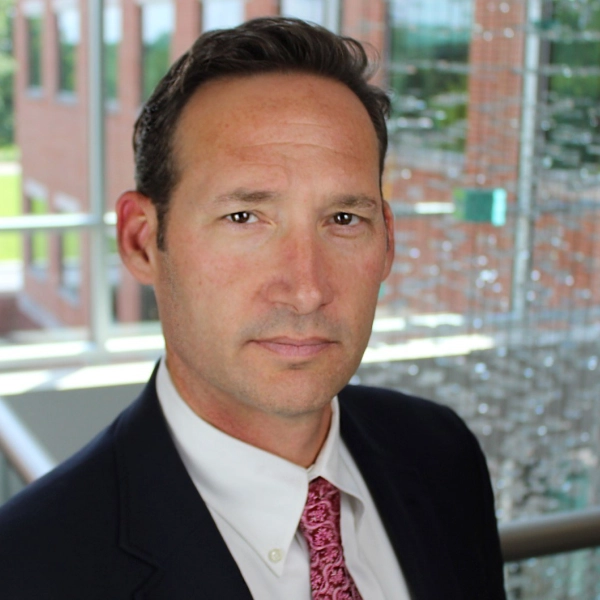9th Annual Summit
#EliminateTobacco
Join the Movement!

Join us in Houston, TX!
We look forward to welcoming attendees at The University of Texas MD Anderson Cancer Center.
- In-person and virtual options
What Past Attendees Say What participants say about our summit
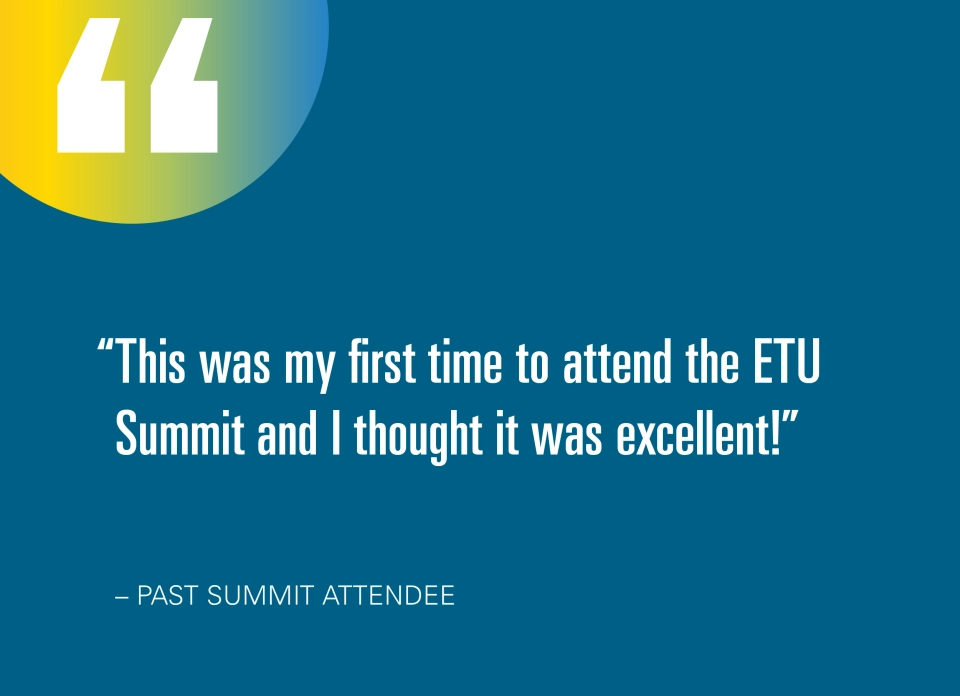
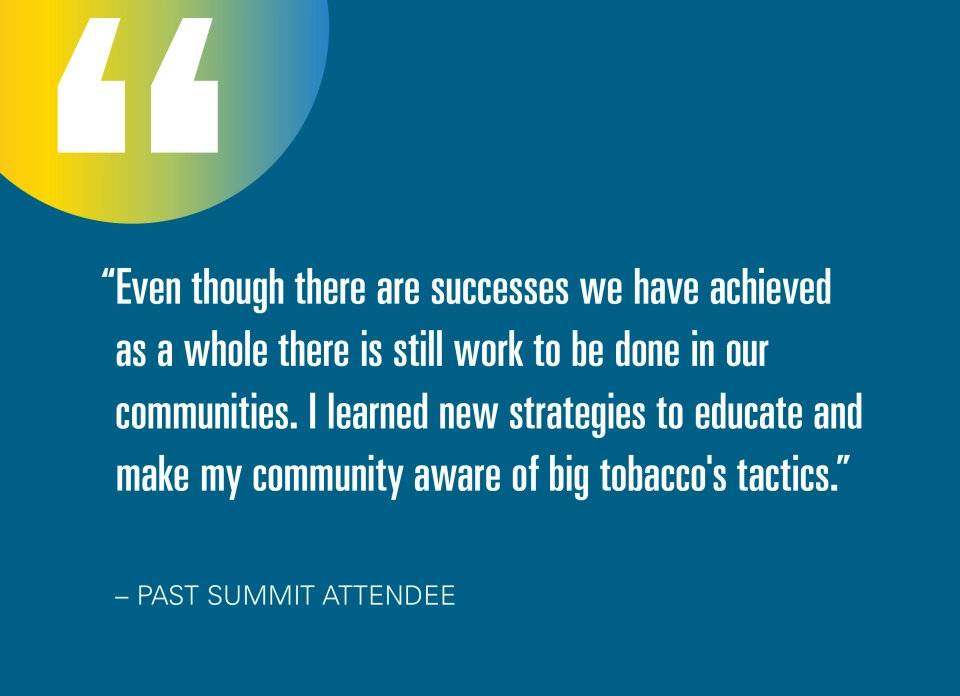
2024 Agenda
NATIONAL SUMMIT: WEDNESDAY, APRIL 10
8:00 AM (CST)
Registration, Breakfast and Exhibitors
9:00 AM (CST)
Welcome
TBD
David Lakey, M.D., is the vice chancellor for Health Affairs and chief medical officer at The University of Texas System, and Professor of Medicine at The University of Texas at Tyler Health Science Center. He also serves on the state’s COVID-19 Expert Vaccine Allocation Panel. Prior to joining the UT System, Dr. Lakey was the commissioner of the Texas Department of State Health Services. From 1998 to 2006, he served as division chief of clinical Infectious Disease and medical director of the Center for Pulmonary and Infectious Disease Control at the University of Texas Health Center in Tyler. Dr. Lakey graduated from Rose Hulman Institute of Technology and Indiana University School of Medicine, and completed his internal medicine, pediatrics and infectious disease training at Vanderbilt University Medical Center.
Ernest Hawk, M.D., is the Vice President and Head of the Division of Cancer Prevention and Population Sciences at MD Anderson Cancer Center in Houston. Prior to working at MD Anderson, Dr. Hawk worked at the National Cancer Institute (NCI) for 12 years in chemopreventive drug identification, preclinical testing and clinical development, participating in phase I-III trials of several agents including calcium, aspirin, celecoxib, DFMO and combinations. During his tenure at MD Anderson he has gained experience in T1-T4 research through oversight and collaborations with the Division’s five academic departments - Epidemiology, Behavioral Science, Clinical Cancer Prevention, Health Disparities and Health Services Research. He also co-leads MD Anderson’s Cancer Prevention and Control Platform which implements evidence-based actions in public policy, public and professional education and delivery of community-based clinical or public health services at a population level to promote health and affect a significant and lasting reduction in the burden of cancer and its antecedent risk factors.
9:30 AM (CST)
Opening Remarks from Partner Sites
With over 20 years of public health experience, Diane Litterer has developed state-of-the-art prevention programs and managed numerous statewide addiction training initiatives. Diane excels at building capacity among professionals in order to increase the use of evidence-based programs and best practices while implementing effective environmental strategies that create healthier communities, foster collaboration, maximize resources, and strengthen the continuum of care.
Bernard F. Fuemmeler, Ph.D., is a professor and Gordon D. Ginder, M.D. endowed chair in cancer research, Associate Director of population science at Virginia Commonwealth University’s (VCU) Massey Cancer Center and Director for Research in the Department of Family Medicine and Population Health. Dr. Fuemmeler has mentored several predoctoral, post-doctoral and junior faculty and directs the National Cancer Institute’s (NCI) T32 training program in cancer prevention and control. He also recently took on the directorship for a university-wide core laboratory focused on research registries and cohorts.
Dr. Fuemmeler holds a Ph.D. in clinical psychology from Oklahoma State University and an M.P.H. in epidemiology from Harvard University. He received post-doctoral training in cancer prevention and control research through the National Cancer Institute’s highly selective cancer prevention and control fellowship program where he worked with NCI staff scientists in the Health Behavior Research Branch. Prior to relocating to VCU in June of 2016, Dr. Fuemmeler was at Duke University where he was a tenured associate professor with a primary appointment in Department of Community and Family Medicine and was a member of the Duke Cancer Institute.
Dr. Fuemmeler has authored more than 150 peer-reviewed publications in the area of cancer risk, obesity and tobacco control. Recent work is aimed at cancer prevention efforts among firefighters, investigating neighborhood and structural characteristics in relation to cancer risk and outcomes and investigating multi-level intervention efforts to reduce cancer burden within communities. Dr. Fuemmeler is a fellow of the Society of Behavioral Medicine and the American Psychological Association. He is currently serving as President of the Society of Behavioral Medicine. Fuemmeler’s work has continuously been supported by awards from several institutes of the National Health Institute (NCI, NIA, NIEHS and NIDA). He was a standing member of the Lifestyle Change and Behavioral Health Study Section (2016-2022) and now serves as an ad hoc grant reviewer for NCI Special Emphasis Panels (NCI-A, Provocative Questions Panel, K22 panel and R03/R21 panel).
9:45 AM (CST)
Jennifer is the Executive Director of the EndTobacco® Program at The University of Texas MD Anderson Cancer Center. Employing 24 years of experience in public health and tobacco control, she collaborates with internal and external partners to promote evidence-based cancer prevention and tobacco control initiatives across the domains of policy, prevention and cessation. Jennifer holds a bachelor’s in Health Administration & Education and a Master of Public Health, both from the University of Southern Mississippi; and graduating with a doctorate in Public Health from UTHealth Houston School of Public Health in May. She is a certified health education specialist.
10:00 AM (CST)
Monica Cornelius, Ph.D., has been a Health Scientist in the Office on Smoking and Health at the Centers for Disease Control and Prevention since 2020. In this role, Dr. Cornelius serves as a member of Surveillance Team in the Epidemiology Branch where she provides epidemiological and analytical expertise on variety of projects focused on tobacco quitlines and surveillance of tobacco product use and related behaviors. Dr. Cornelius received her doctorate in epidemiology from the Medical University of South Carolina in 2012 and her Master of Public Health degree from Mercer University in 2003.
11:00 AM (CST)
Amanda Graham, Ph.D., is Chief Health Officer at Truth Initiative, the largest nonprofit public health organization in the U.S. dedicated to ending tobacco use. As Chief Health Officer, Dr. Graham leads a cross-functional team that develops, evaluates and disseminates digital programs for tobacco cessation. Under her leadership and in collaboration with partners at the Mayo Clinic, Dr. Graham led the development of the EX Program, an enterprise digital tobacco cessation platform designed for employers and health plans and This Is Quitting, a first-of-its-kind quit vaping program for teens and young adults.
12:00 PM (CST)
Lunch/Networking
12:45 PM (CST)
Jessica Barrington-Trimis, Ph.D., is an Epidemiologist and Associate Professor of Population and Public Health Sciences at the University of Southern California, and Director of the USC REBEL Research group. Dr. Barrington-Trimis' research focuses on investigation of the rapidly changing nicotine and cannabis landscape. Her work aims to identify intra-individual psychological, behavioral and social processes associated with both nicotine and cannabis use in adolescence and early adulthood and to elucidate the behavioral consequences (e.g., transition to more harmful patterns of substance use) and physiological consequences (e.g., dependence) of varying patterns of nicotine and cannabis use in adolescence, with the goal of informing regulatory efforts to protect adolescents and young adults.
1:45 PM (CST)
Panel of Leaders from Higher Education
Lindsay Hauser is the Director of the Office of Community Outreach and Engagement at the University of Virginia Comprehensive Cancer Center. She oversees the strategic planning, development and implementation of cancer related community programs and facilitates bi-directional community partnerships to support the development of cancer related research that addresses heath disparities in communities across Virginia and West Virginia. Lindsay is active in many community boards and coalitions including the Eliminate Tobacco Use Virginia Initiative which she helps lead. Lindsay holds a master’s degree in Community Health, a bachelor’s degree in Health Education and is a Master Tobacco Treatment Specialist.
Michelle Kennedy is a Program Coordinator with the Rutgers Institute for Nicotine & Tobacco Studies (INTS) where she supports the NJ Quit Centers technical assistance team and Evaluating Cigarette Relighting Behavior (R01) research team. She served as the project manager for the RU Tobacco Free initiative and recently became a Certified Professional by the American Heart Association in Tobacco Treatment.
She holds a B.A. in Economics & Geography from Towson University and an M.P.H. in Health Education/Behavioral Science from Rutgers University-School of Public Health. She is pursuing a Dr.P.H. in Leadership, Practice and Research at the Rutgers-School of Public Health with research interests in nicotine, cessation and co-occurring use disorder.
Kevin Schroth, J.D., is an Associate Professor with Rutgers’ Institute for Nicotine and Tobacco Studies and School of Public Health. He teaches public health law and his research focuses on how tobacco regulatory science can improve policy and improve health outcomes. He recently co-authored a book, Public Health Law in Practice (Oxford). Kevin earned his J.D. from Rutgers Law School and B.A. from Bucknell University.
2:30 PM (CST)
Engaging Student Leaders in All Aspects of Tobacco-Free Conversations
New Jersey – Incorruptible U
Texas – Peers Against Tobacco
Virginia – University of Virginia Student
3:30 PM (CST)
Closing Remarks/Summit Adjourns
David Lakey, M.D. is the vice chancellor for Health Affairs and chief medical officer at The University of Texas System, and Professor of Medicine at The University of Texas at Tyler Health Science Center. He also serves on the state’s COVID-19 Expert Vaccine Allocation Panel. Prior to joining U. T., Dr. Lakey was the commissioner of the Texas Department of State Health Services. From 1998 to 2006, he served as division chief of clinical Infectious Disease and medical director of the Center for Pulmonary and Infectious Disease Control at the University of Texas Health Center in Tyler. Dr. Lakey graduated from Rose Hulman Institute of Technology and Indiana University School of Medicine, and completed his internal medicine, pediatrics and infectious disease training at Vanderbilt University Medical Center.
Ernest Hawk, M.D., M.P.H., is the Vice President and Head of the Division of Cancer Prevention and Population Sciences at MD Anderson Cancer Center in Houston. Prior to working at MD Anderson, Dr. Hawk worked at the National Cancer Institute (NCI) for 12 years in chemopreventive drug identification, preclinical testing, and clinical development, participating in phase I-III trials of several agents including calcium, aspirin, celecoxib, DFMO, and combinations. During his tenure at MD Anderson he has gained experience in T1-T4 research through oversight and collaborations with the Division’s five academic departments - Epidemiology, Behavioral Science, Clinical Cancer Prevention, Health Disparities and Health Services Research. He also co-leads MD Anderson’s Cancer Prevention and Control Platform which implements evidence-based actions in public policy, public and professional education, and delivery of community-based clinical or public health services at a population level to promote health and affect a significant and lasting reduction in the burden of cancer and its antecedent risk factors.
Jennifer is the Executive Director of the EndTobacco® Program at The University of Texas MD Anderson Cancer Center. Employing 22 years of experience in public health and tobacco control, she collaborates with internal and external partners to promote evidence-based cancer prevention and tobacco control initiatives across the domains of policy, prevention and cessation. Jennifer holds a bachelor’s in Health Administration & Education and a Master of Public Health, both from the University of Southern Mississippi; and is currently enrolled in the doctoral program at UT Health School of Public Health. She is a certified health education specialist.
3:30 PM (CST)
Networking Social
4:30 PM (CST)
Adjourn
Continuing Education Credit Information
Continuing Education Credits will be an additional $15 for the summit, virtual or in-person.
Note: Credits will only be available for activities taking place on April 3rd, 10th and 11th.
CEU credit:
Credits are offered through the University of Houston Graduate College of Social Work based in Texas. We encourage verifying with your state to ensure credits will be accepted.
We offer from 4-10 CEUs depending on number of days attended.
- Wednesday, April 3, New Jersey Summit: Up to 4.5 CEUs / Contact Hours: Up to 4.25
- Wednesday, April 10, National Summit: Up to 5.5 CEUs/ Contact Hours: Up to 5.5
- Thursday, April 11, Virginia Summit: Up to 3.5 CEUs/ Contact Hours: Up to 3.5
- Thursday, April 11, Texas Summit: Up to 4.5 CEUs/ Contact Hours: Up to 4.5
CEU Provider # 6285
CHES/MCHES credit:
Sponsored by The University of Texas MD Anderson Cancer Center, a designated provider of continuing education contact hours (CECH) in health education by the National Commission for Health Education Credentialing, Inc.
- Wednesday, April 10, National Summit: 4.25 hours
- Wednesday, April 3, New Jersey Summit: 5.5 hours
- Thursday, April 11, Virginia Summit: 3.75 hours
- Thursday, April 11, Texas Summit: 3.25 hours
NCHEC Provider # MEP 9969
Registration Information
General registration cost:
- $85 (In-Person National Summit + State Summit)
- $30 (Virtual National Summit + State Summit)
- $42.50 (In-Person TX State Summit Only)
- $30 (In-Person VA or NJ State Summit Only)
- $15 (Virtual State Summit Only)
Student registration cost:
- $30 (In-Person National Summit + State Summit)
- $15 (Virtual National Summit + State Summit; In-Person State Summit Only; Virtual State Summit Only)
The Eliminate Tobacco Use Summit welcomes a variety of professionals working in higher education, professionals working in tobacco prevention, cessation, and policy, as well as community and non-profit partners whose mission aligns with that of Eliminate Tobacco Use. Summit organizers reserve the right to decline participant registration to any entity not meeting these inclusion criteria.
